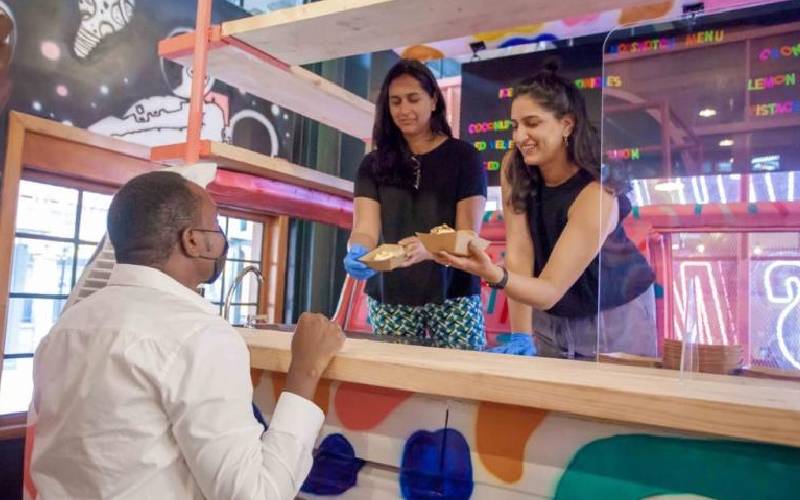×
The Standard e-Paper
Smart Minds Choose Us

Alyana and Alyssa Popat run Nairobi Street Kitchen (NSK). [Courtesy]
After four years in the making, Alyana and Alyssa Popat have opened the doors to Nairobi Street Kitchen (NSK) - a collection of 11 restaurants, bars and entertainment spaces promising a thrilling street-food experience.